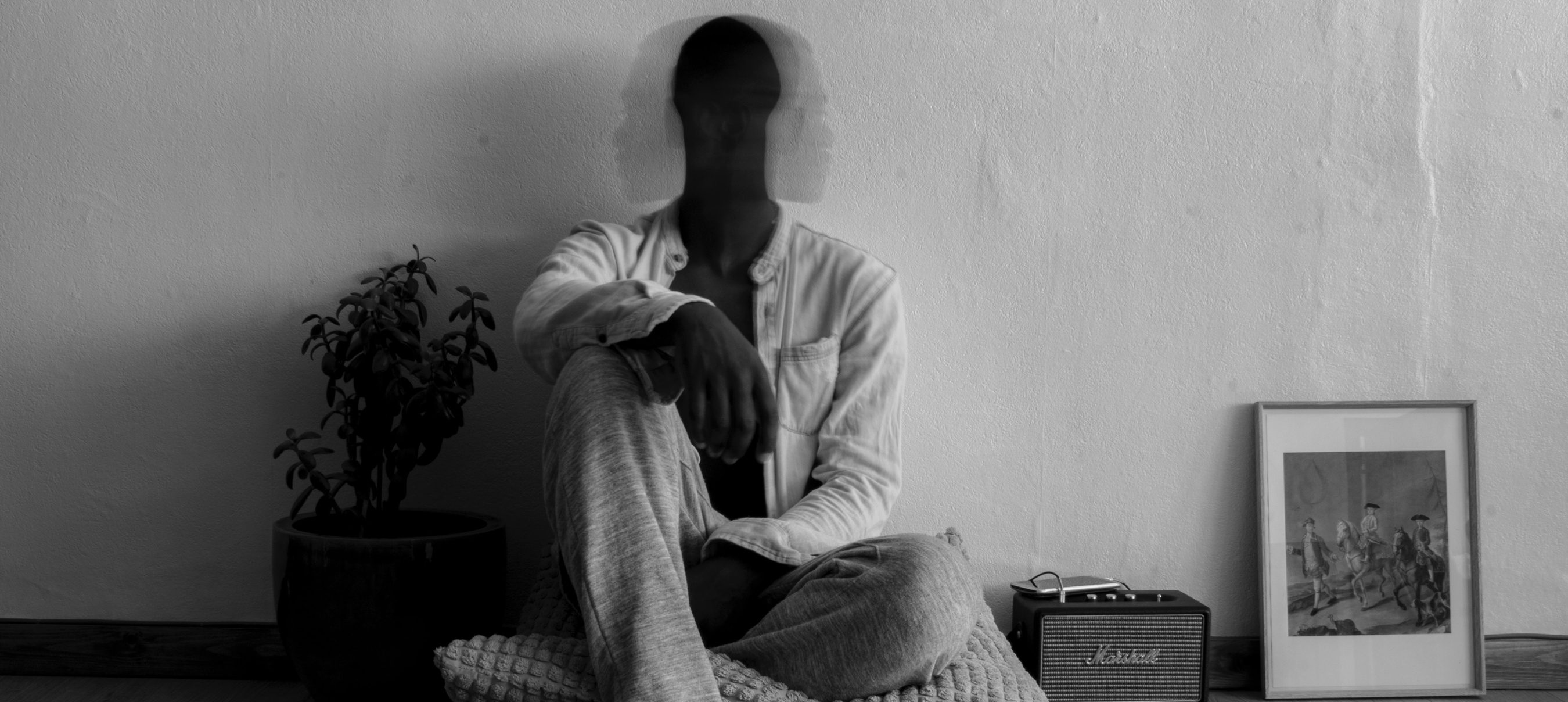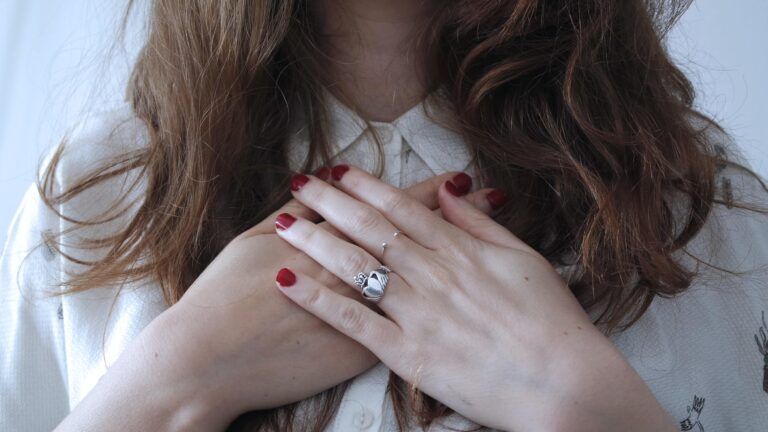Everyone feels anxious sometimes but if you find yourself feeling anxious a lot of the time or are generally anxious without reason you may find it helpful to tell your doctor and enlist the help of an acupuncturist. The NIH (National Institute of Health) has supported acupuncture as a treatment for anxiety since 1997 and here at the Yinova Center in NYC, we see many busy New Yorkers who seek our help to deal with feelings of anxiety and overwhelm.
Chinese medicine has a long tradition of combining acupuncture, herbs, nutritional advice, and exercise to treat a wide variety of anxiety disorders from phobias to panic attacks and generalized anxiety. In my experience, it can be really effective especially when combined with talk therapy and conventional medical treatment.
Acupuncture, itself, has come under some scrutiny by the medical community recently and studies have shown that acupuncture treatments can have a positive effect on serotonin levels and that regular acupuncture can relieve anxiety and depression.
When treating anxiety I always encourage my patients to take a holistic approach involving conventional medical advice, regular acupuncture, herbs, dietary changes, and exercise.
Here is the advice we give our Yinova Center patients about dealing with anxiety.
- Regular acupuncture really does help. There is scientific research that shows that it has a positive effect on levels of both serotonin and norepinephrine.
- A carefully crafted herbal formula tailored to suit your specific pattern can be really useful. There are Chinese herbs that treat palpitations, over-thinking, insomnia, poor appetite, depression, and anxiety.
- Make sure you’re getting enough B-Vitamins. Premier Research Labs make a product called Max Stress B Nanoplex which contains a highly accessible form of B complex which has an almost instant calming effect for most people.
- Calcium and Magnesium taken at night can support restful sleep as can a Chinese formula called An Mian Wa.
- Regular massage can help with muscle tension and relaxation
- Even if you’re tired after a restless night you should resist the temptation to have a cup of coffee which only makes the symptoms of stress worse. Replace it with a calming cup of chamomile tea.
- Some of us don’t feel hungry when we’re anxious and some of us crave sweets. Either way, it’s important to eat a varied, healthy diet to support your body. My patients are always surprised how much less anxious they are when they are eating well so make sure you are getting some whole grain carbs, plenty of colorful veggies, and some lean protein. Not only does this restore a sense of control but a healthy body has a profound effect on your emotional health and resilience.
- There’s a reason why we crave carbohydrates when we are anxious. They raise serotonin levels so it’s possible to use some healthy carbs medicinally to help with mood. Try a baked potato or a small bowl of whole grains.
- Omega 3 Fatty Acids have been shown to help with mood. You can take them as a supplement or even better get them from fatty fish such as salmon, tuna, and mackerel as well as in nuts, flaxseeds, and leafy green veggies.
- Don’t use alcohol to take the edge off your anxiety. It’s tempting to have a drink or two when you feel stressed but long term the effects of alcohol cause more anxiety. In Chinese medicine, it is said that the liver heat the alcohol produces makes people irritable and stressed.
- Get some exercise. In Chinese medicine, anxiety can be attributed to stagnation so moving qi and blood can help some people as much as an anti-depressant. Take a small amount of regular exercise each day and slowly increase the amount and intensity as you feel healthier. Even a 20-minute walk can change the way you feel.
- Let the sunshine in. We get Vitamin D from the sun and recent research has shown that some forms of anxiety can be caused by a vitamin D deficiency. You can also take a Vitamin D supplement.
- Learn to meditate.






